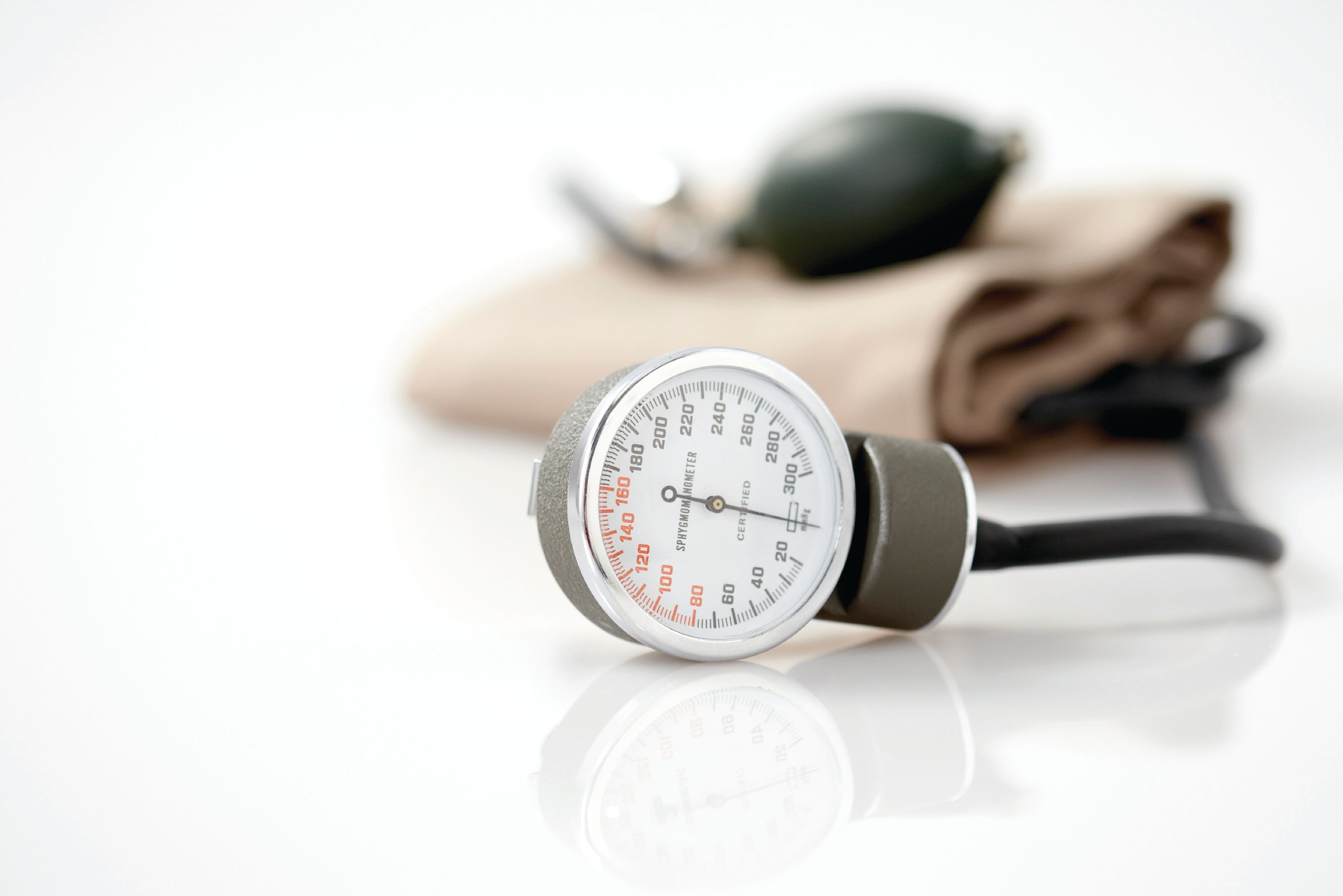Phase 2 Data Shows Promise for Baxdrostat in Treatment-Resistant Hypertension

Data from the phase 2 BrigHTN trial are providing clinicians with the latest insight into baxdrostat as a treatment option for patients with treatment-resistant hypertension.
Presented at the American Heart Association 2022 Scientific Sessions, results of the trial, which assessed use of the highly selective, once-daily oral small molecule inhibitor of aldosterone synthase, indicate use was associated with an 11 mmHg placebo-adjusted decline in systolic blood pressure, with no impact on cortisol levels.
“This phase 2 trial, BrigHTN, was a positive study and, I think if we are able to confirm all this in a phase three trial, would be a useful addition to the armamentarium of doctors who treat high blood pressure, and particularly ones who treat up to control blood pressure,” said study investigator Deepak Bhatt, MD, MPH, director of interventional cardiovascular programs at Brigham and Women’s Hospital, in an interview.
Based on the results observed in preclinical and phase 1 studies, the randomized, double-blind, placebo-controlled, dose-ranging phase 2 BrigHTN was launched with the intent of assessing whether or not use of baxdrostat might help patients with treatment-resistant hypertension achieve meaningful blood pressure reductions. With this in mind, the trial was designed to enroll adult patients with blood pressure of 130/80 mmHg or higher and were receiving stable doses of at least 3 antihypertensive agents, including a diuretic.
These patients were then randomized to receive baxdrostat in 0.5 mg, 1 mg, or 2 mg doses once daily for 12 weeks or placebo therapy. Of note, exclusion criteria included have a mean seated systolic blood pressure of at least 180 mmHg or a diastolic blood pressure of at least 11 mmHg, an eGFR below 45 ml/min/1.73m2, and uncontrolled diabetes.
The primary outcome of interest in the study Wass the change in systolic blood pressure achieved from baseline to 12 weeks relative to changes in blood pressure observed in the placebo group. Overall, 275 patients underwent randomization and248 patients completed the trial. Investigators pointed out the trial groups were similar in terms of demographic and clinical characteristics at baseline.
Upon analysis, results indicate use of dose-dependent changes in systolic blood pressure of −20.3 mmHg, −17.5 mmHg, −12.1 mmHg, and −9.4 mmHg were observed in the 2 mg, 1 mg, 0.5 mg, and placebo groups, respectively. When assessing difference in blood pressure reductions achieved with baxdrostat compared with placebo therapy, results suggested the difference in change in systolic blood pressure between those receiving baxdrostat 2 mg and those receiving placebo therapy was -11.0 mmHg (95% CI, -16.4 to -5.5; P <.001). When assessing difference between the 1 mg arm and the placebo arm, results indicated the difference in change was -8.1 mmHg (95% CI, -13.5 to -2.8; P=.003)
Investigators highlighted there were 0 deaths observed the trial and no serious adverse events were attributed to baxdrostat by investigators. Additionally, there were no instances of adrenocortical insufficiency observed during the trial. Investigators did note baxdrostat-related increases in potassium levels of 6.0 mmol/L or more were observed in 2 patients, but these increases did not reoccur following withdrawal and reinitiation of baxdrostat.
“Collectively these findings demonstrate how baxdrostat uniquely helps address a known cause of elevated blood pressure, potentially offering a much needed treatment option for patients with tough to control hypertension,” said lead investigator Mason Freeman, MD, chief medical officer at CinCor, in a statement.
This study, “Results From a Phase 2, Randomized, Double-Blind, Placebo-Controlled Trial Evaluating the Efficacy and Safety of Baxdrostat in Patients With Treatment-Resistant Hypertension,” was presented at AHA 22 and simultaneously published in The New England Journal of Medicine.